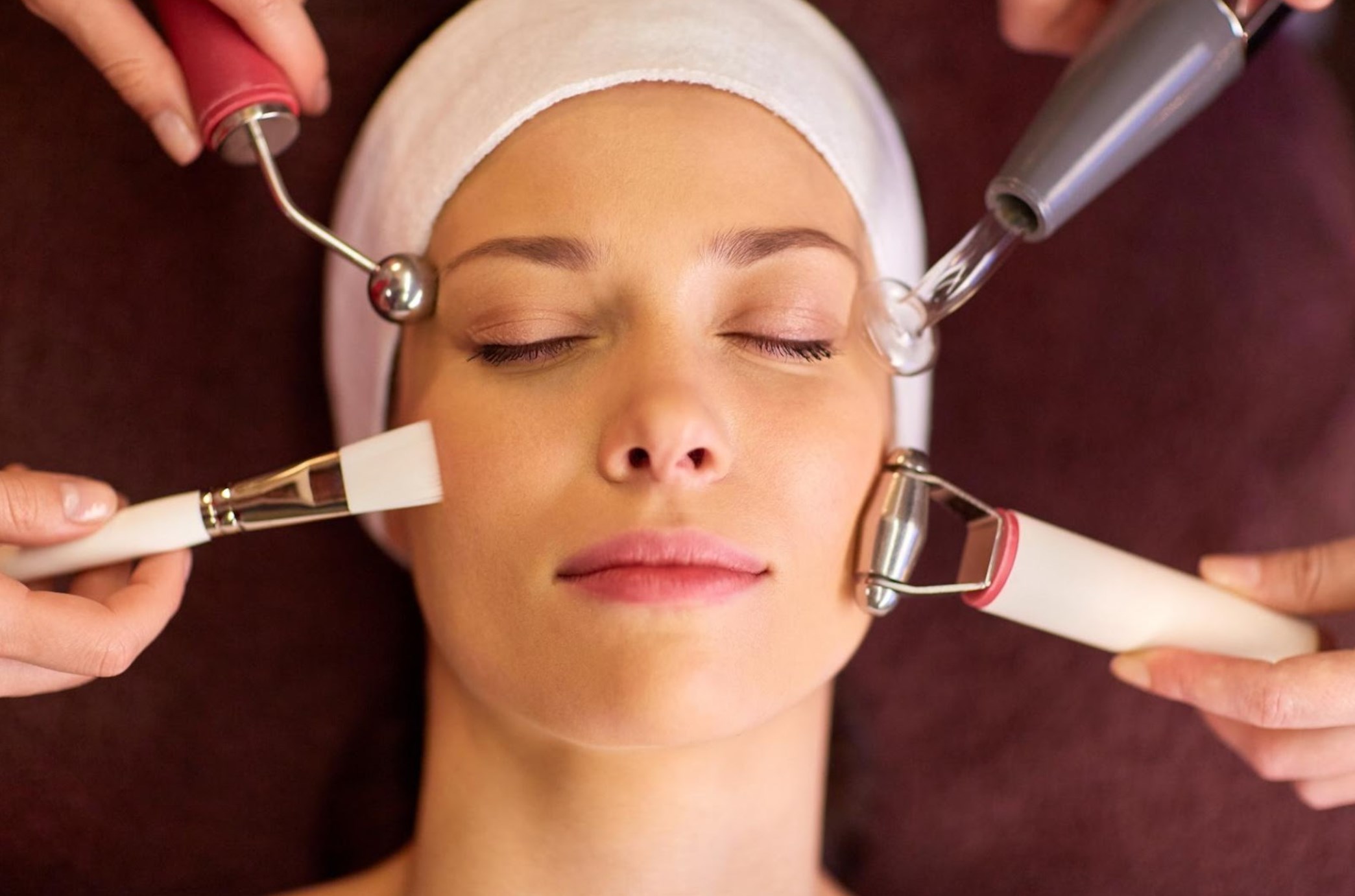blog
Why Is a Skin Assessment Important Prior to Administering Injectables?

May 19 2022
Reading Time: 4 Minutes
Author: Patricia Pezzano
Before administering injectables or performing any kind of treatment, it’s important to do a skin assessment first. There are many reasons why this shouldn’t be skipped.
We’ll detail them for you below:
1. Not Everyone is a Good Candidate for Injectables
Just because a patient wants to be injected with Botox doesn’t mean they can have it. Not everyone is a good candidate for injectables.
- Some people are more prone to the serious side effects of injectables compared to others. For instance, patients with extra sensitive skin could likely have an allergic reaction to the injection.
- Although rare, some people are resistant to Botox, so the treatment might not work for them.
- People in poor general health or those who have muscle weakness in the planned injection site are also not good candidates for Botox.
All these can only be checked during a comprehensive skin assessment.
2. It’s Your Opportunity to Ask Important Questions
A skin assessment is an opportunity to get to know your patient. It’s when they can tell you about their skin goals and the treatment they want.
During an assessment, the reason why they want the procedure must be discussed. It will give you an idea if the injectable they want can meet their expectations or if the patient needs additional non-injectable treatments for best results.
Both you and your patient must create a treatment plan that aims to reach their skin goals while setting realistic expectations. This must be done during the skin assessment.
3. It Helps Determine Your Approach
Assessing a patient’s unique features will help you determine how and where the injectable must be administered.
- Take the time to look at the depth of the patient’s wrinkles and see how they look when the facial muscles are flexed and at rest.
- Touching the skin also reveals how thin or thick it is. This is important because people with thick skin and stronger facial muscles would require more units of Botox for it to work.
However, touching and visually inspecting the skin is not always enough. Tools such as the Visia 3D Skin Imaging System can be used to accurately analyze the skin and determine its age, health, texture, lines, etc. The result will reveal the exact kind of treatment best suited for the patient’s skin.
4. Care Directives in Aesthetic Medicine Requires It
Different provinces have varying regulations and standards of practice for how injectables are administered. But either way, neuromodulators can only be used if the patient has been initially assessed by a physician or in some provinces, a nurse practitioner. Doing so is key to a successful and safe practice.
Also, medical consent must be secured from the patient before you can administer injectables. Otherwise, you will put your license at risk.

5. A Chance to Educate Your Patient
Skin consultations and assessments must be approached holistically. They shouldn’t be looked at in one dimension.
Allow your patient to ask questions and talk about their skin problems—pigmentation, volume loss, skin texture, and skincare regimens. Who knows, you might even discover systemic issues that are causing their skin troubles.
Patients often turn to experts like you to provide guidance. They crave information and want facts behind their skincare choices and decisions.
This is your chance to educate them. Better educated patients have more realistic expectations about the limits of injectables.
Other Things Discussed During Skin Assessments
Aside from all of the reasons mentioned above, there are also other important things discussed during skin assessments, such as:
- Recommendations
- Contraindications
- Potential risks and side effects of injectables
- Aftercare advice
Where Can I Learn More About Proper Skin Assessment?
Now that you know the importance of skin assessments, you’re probably wondering where you can learn how to perform this step like a true professional. The fundamentals of skin assessments are often included in certification courses for Botox and dermal fillers.
Recognized institutions that offer international certification on injectable therapies teach patient consultation and assessment with key fundamentals in:
- Recognition of common skin conditions;
- Understanding medical and drug history;
- Managing patient expectations;
- Body Dysmorphic Disorder and Obsessive Compulsive Disorder;
- Basic dermatology terms and conditions that affect injectable therapies;
- Legal and ethical considerations; and
- Precautions of injectable therapies.
You will also learn about skeletal anatomy, the structure of the skin, tissue layers, facial muscles, and nerves and how they relate to injectables.

Great Results Begin with an Accurate Skin Assessment
The success of any treatment depends on how accurately the patient’s skin is assessed. And you can only make a proper assessment if you’re equipped with the right knowledge.
If you want to undergo comprehensive training for skin assessments related to injectables, get in touch with us today. APT Injection Training offers international certification in injectable therapies, which involves premier courses and hands-on training that will help you perform patient assessments and consultations like a true professional.
Visit our website or send us an email to know more.
Tips to be a
Successful Injector!
Free E-Book download
 Student Log in
Student Log in
 1267 Cornwall Rd, Unit 300, Oakville, Ontario L6J 7T5
1267 Cornwall Rd, Unit 300, Oakville, Ontario L6J 7T5

 (289) 271-5718
(289) 271-5718




































